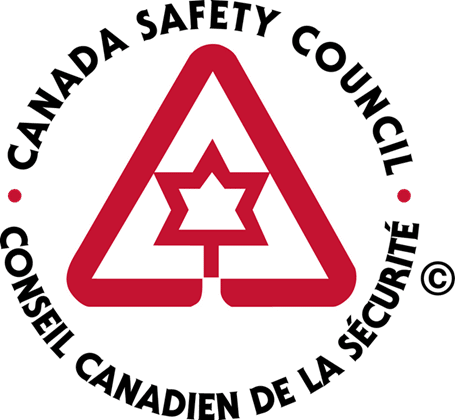Don’t Let Safety Grind Your Gears
Considering the fact that farms often double as a workplace and a home, it’s not uncommon for farming to become a family business – a side effect that can make the job more effective, but can also prove to be that much more devastating in the event of fatality.
To mark National Farm Safety Week, March 14-20, the Canada Safety Council is offering safety tips around machinery, including best practices, preventative measures and, with these, a reminder that shortcuts should never be taken when discussing safety.
“The agricultural sector is an important one whose role in Canada can’t be overstated,” said Jack Smith, president of the Canada Safety Council. “The job often entails the use of sharp, blunt and heavy machinery. It’s only through proper training, education and preventative maintenance that these tools can be used safely, and it’s the farmer’s responsibility to ensure their proper use at all times.”
Agricultural fatalities are on the decline, relatively speaking. According to Canadian Agricultural Injury Reporting, the average of fatalities between 2002-2012 (the most recent year where data is available) was approximately 30 fatalities less than the running average from 1990-2001. Although the overall trend is encouraging, 2012 still saw 60 agriculture-related fatalities – an unacceptable figure.
Unsurprisingly, machinery dominated as the major cause of fatalities between 2003-2012, with 70 per cent of fatalities being attributed to machine rollovers, run overs, entanglement in moving machinery parts or other machinery-related causes.
What can farmers do to keep themselves and their families away from harm?
The best tool for any farmer hoping to run machinery is the owner’s manual. Machines are typically designed with safety in mind and are perfectly safe to use, assuming correct maintenance and operation.
An inspection of the machine prior to operation can sometimes reveal otherwise unnoticed safety concerns including leaking air or hydraulic lines, removed machine guards or obstructed emergency stop switches. Make it a regular habit to do a walk-around of all machines prior to use. A walk-around can also help if you have any small children, as they may be playing behind a vehicle you intend to back up.
Other tips include…
- Wear personal protective equipment, when required, on the job. Goggles, safety shoes and leather gloves are all potentially lifesaving in some circumstances.
- Avoid wearing any loose-fitting clothing, jewelry, hairstyles or anything that could get caught on moving parts.
- To that end, stay away from moving parts at all times. If there’s something caught in a moving part, make sure to turn off the machine and remove the keys from the ignition before performing maintenance.
- If you’re parking a machine on a slope, make sure to block it. Fifty per cent of all run over fatalities between 2002-2012 were individuals who were struck by an unmanned machine.
- Exercise caution and judgment when operating a machine close to the edge of a ditch, slope or field. This is the most frequent cause of machine rollovers.
- Perform preventative maintenance on a regular basis, making sure your machine is properly lubricated, adjusted and has no parts in need of adjustment or repair.
Farming can be a dangerous industry, but an ounce of prevention is worth a pound of cure. Prioritize safety and training for your family and workers. Consider signing them up for the Canada Safety Council’s ATV rider training course to give them a leg up on proper use of these machines: https://canadasafetycouncil.org/product/atv-rider-course/
– 30 –
For more information, please contact:
Lewis Smith
Manager, National Programs
613-739-1535 x228
